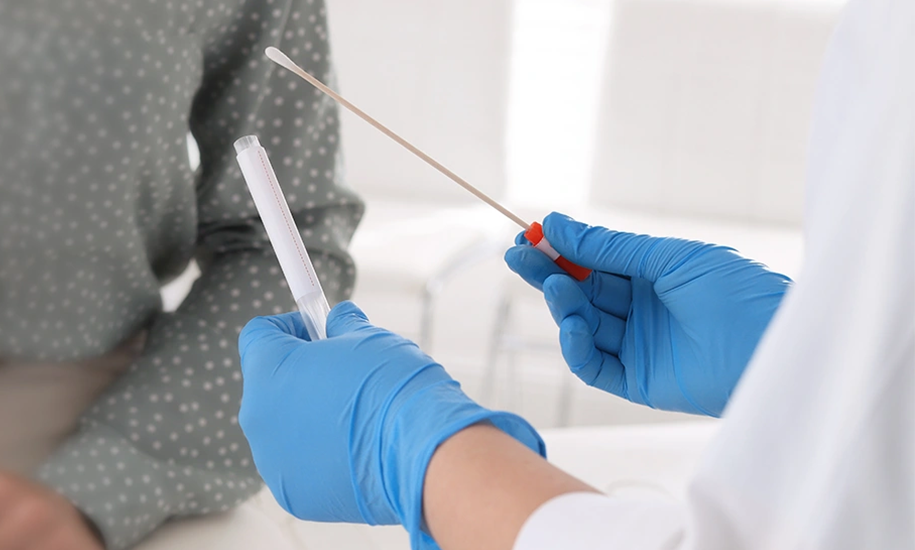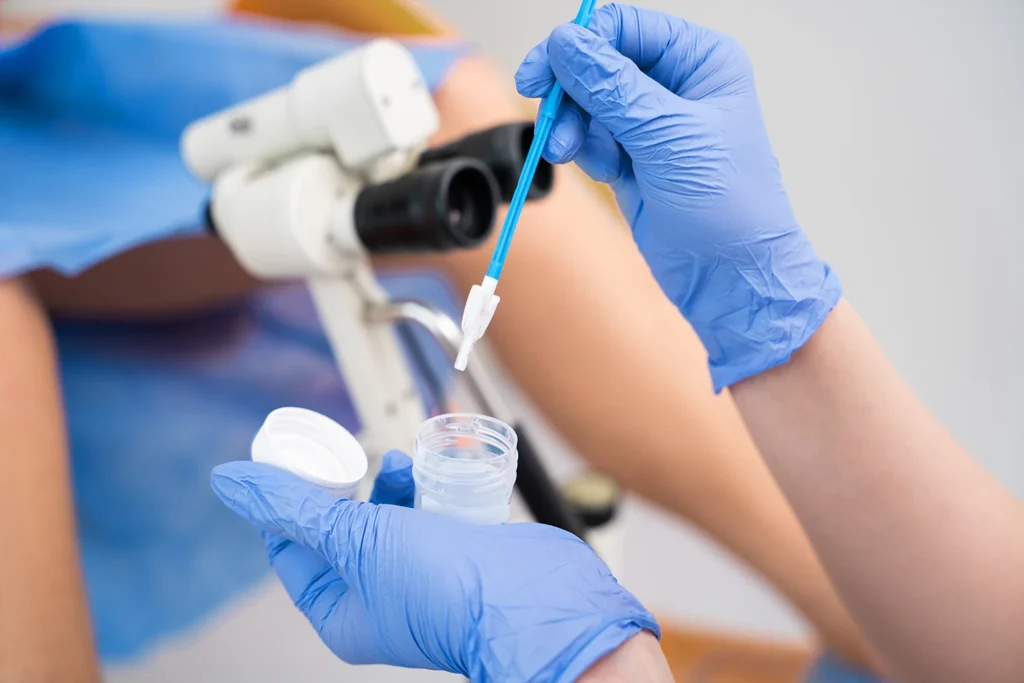Sexual health is fundamental to general well-being, yet it’s often overlooked due to societal stigma and misconceptions. Regular STD (sexually transmitted disease) screening is a proactive measure that can protect you and your partner.
Learn the importance of STD screening and treatment, and how you can prioritise your sexual health.

Sexual Health: STD Screening and Treatment
Sexual health is fundamental to general well-being, yet it’s often overlooked due to societal stigma and misconceptions. Regular STD (sexually transmitted disease) screening is a proactive measure that can protect you and your partner.
Learn the importance of STD screening and treatment, and how you can prioritise your sexual health.
Good sexual health is a part of overall wellness that encompasses physical and emotional well-being. It means having a positive, informed approach to sexuality and relationships, prioritising safe practices and taking proactive steps to prevent and manage STDs for overall well-being.
STDs spread during sexual intercourse and are more common than many realise. While some infections might show symptoms, many can go unnoticed for long periods, posing a risk to you and your partner.

Bacteria, viruses, or parasites can cause them, requiring different treatments. Some of the most common STDs include:
A bacterial infection that often shows few symptoms but can give rise to complications if left untreated.
A bacterial infection that can spread to the genitals, rectum and throat.
A viral infection that, without treatment, weakens the immune system.
A common virus with many strains, some of which can cause genital warts or cancer.
A bacterial infection that progresses through stages and can cause serious complications if untreated.
If you experience any of these symptoms or believe you have been exposed to an STD, seek medical advice. Remember, some infections are silent, and screening is the only way to be sure of your status.
Regular STD screening is a critical part of preventive health. It tests for sexually transmitted infections before symptoms appear. STD screening allows for timely treatment to avoid complications and prevent transmission.
Screening frequency depends on individual risk factors such as age, sexual activity and lifestyle. It is recommended that anyone sexually active, especially those with new or multiple sexual partners, should be screened regularly. Screening is essential because:


Each test has a specific purpose, and your healthcare provider will recommend the most appropriate tests based on your history and symptoms.
If you test positive for an STD, adhere to your treatment plan closely and inform sexual partners, so they can also be treated.



Good sexual health practices should be viewed as part of routine health care, like dental check-ups or annual physicals. Prioritising STD screening and treatment allows for a healthier, worry-free life.
Pacific Healthcare Specialist Centre offers STD screening and treatment services designed to support individuals in managing their sexual health with confidence and privacy. Our approach includes a range of diagnostic tests and treatment options tailored to various types of sexually transmitted infections, ensuring effective care in a safe and confidential environment.
Contact us to book an STD screening and treatment, subject to each individual’s needs and consent.
Copyright © 2026 Pacific Healthcare Specialist Centre (Women's Clinic)